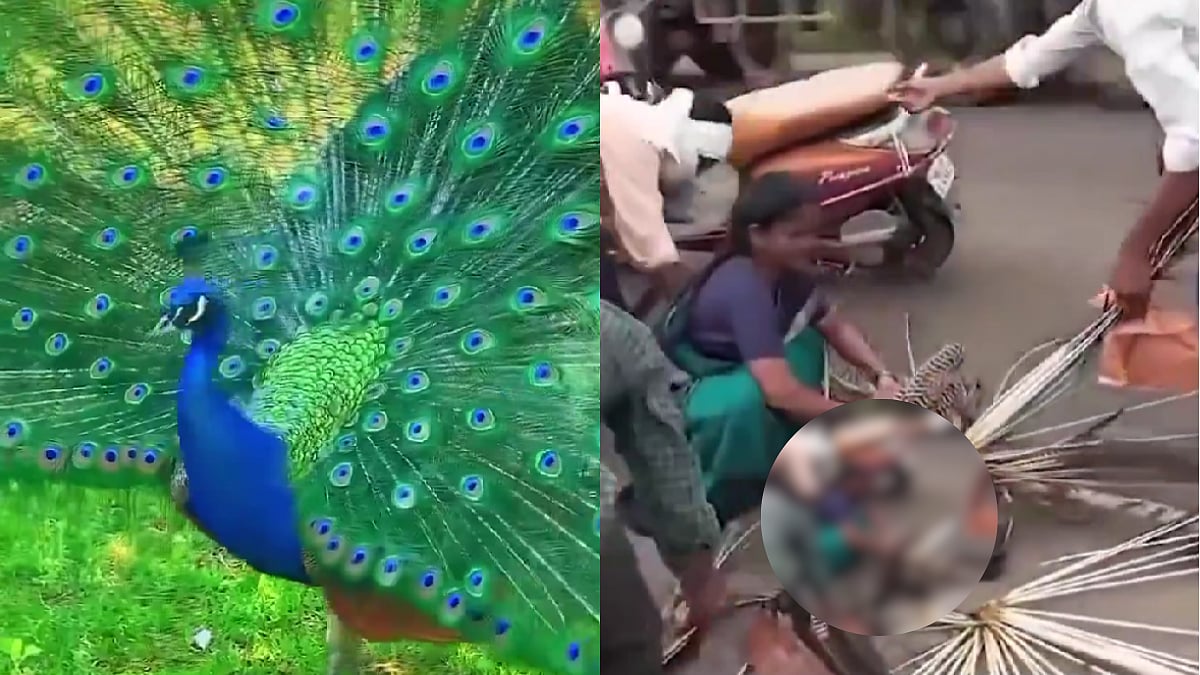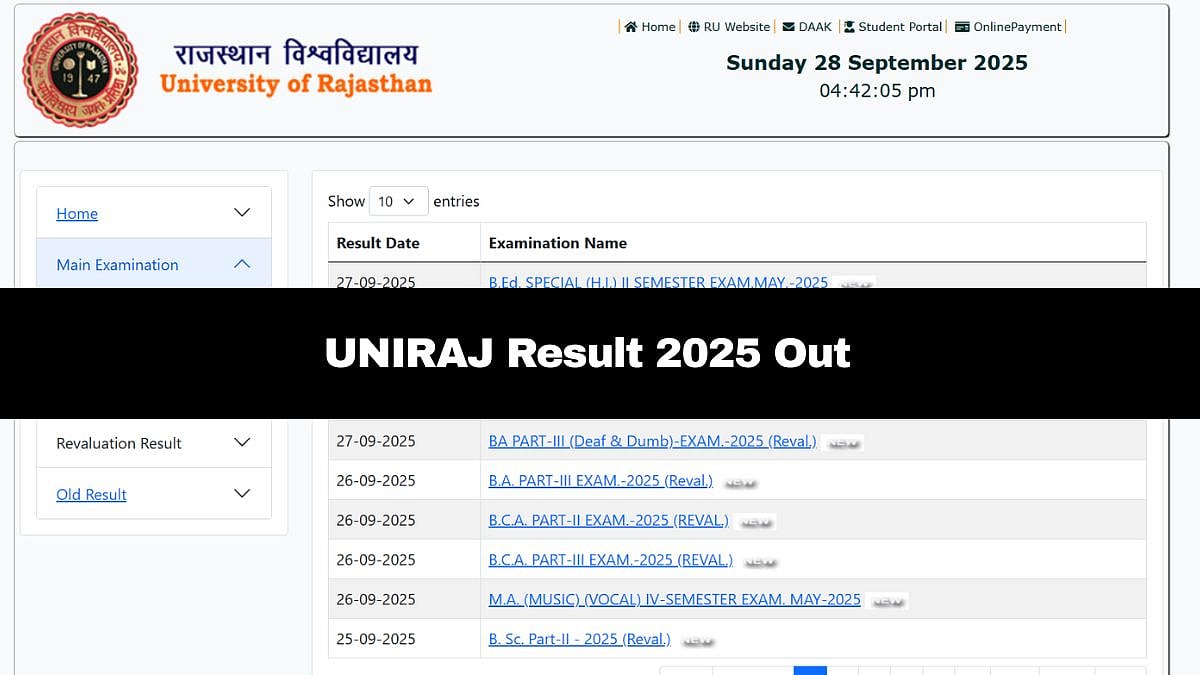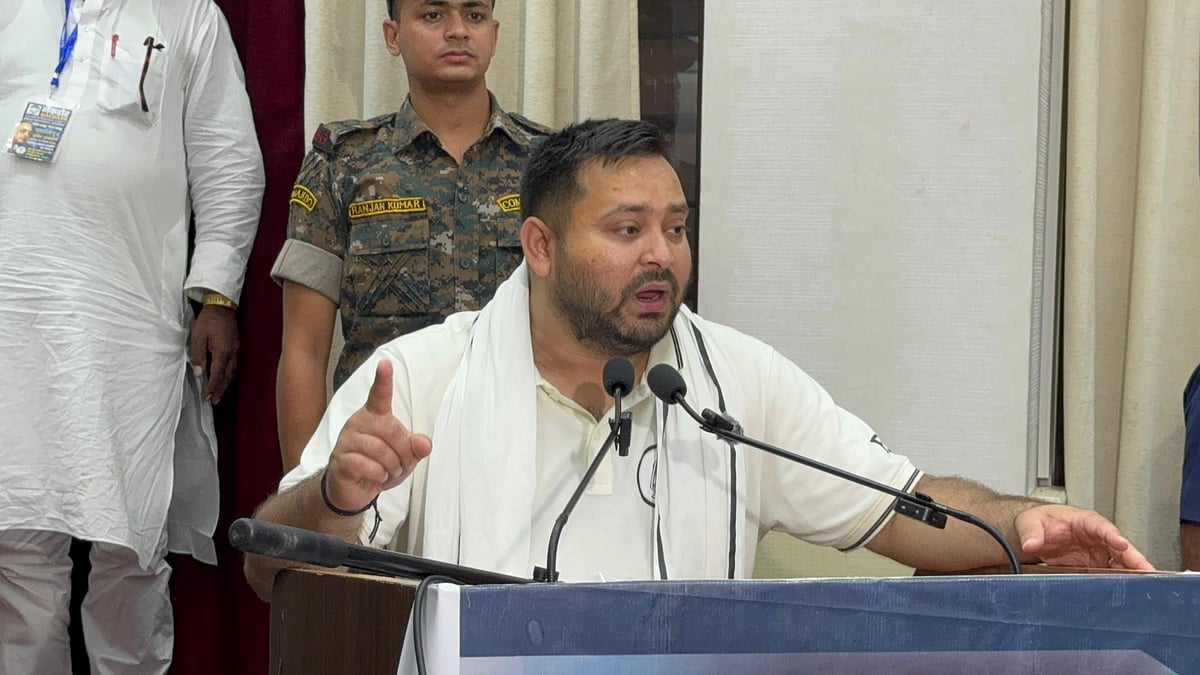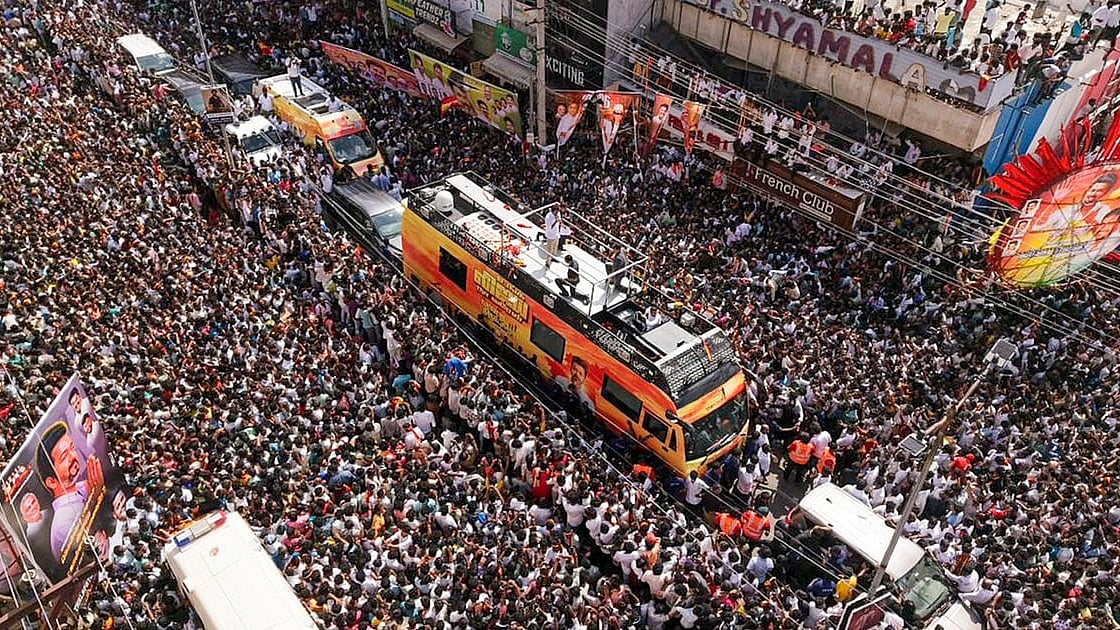Guwahati: Assam has recorded a sharp decline in the number of child marriages, surpassing the national average, as per a report of a survey carried out by a non-governmental organisation in five states.
Legal deterrence, including police complaints and arrests, was identified as among the most effective tools in eliminating child marriage, the report based on the period April 2022 to March 2025 said.
Quoting the report, Chief Minister Himanta Biswa Sarma said on Sunday that the government's tough stand against child marriage is bearing results as evident from the survey findings.
"Assam's relentless fight against child marriage is bearing fruit as it marked the steepest drop in child marriage in India," he said in a post on X.
"On #Navratri, as we celebrate the divine power of Maa Durga, we remain committed to protect & nurture our daughters' future. The stats speak for itself!" the chief minister added.

The report, 'Tipping Point to Zero: Evidence Towards a Child Marriage Free India', released recently at a side event at the United Nations General Assembly in New York, was prepared by the Centre for Legal Action and Behaviour Change for Children (C-LAB), an initiative of NGO Just Rights for Children (JRC) partner India Child Protection.
The report said Assam is leading the nation with the steepest decline in child marriage, recording an 84 per cent drop in cases among girls and a 91 per cent reduction among boys in the last three years.
It said that at the national level, child marriages declined by 69 per cent among girls and 72 per cent among boys.
In terms of decline in child marriages among girls in the five surveyed states, Assam is followed by Maharashtra and Bihar (70 per cent each), Rajasthan (66 per cent), and Karnataka (55 per cent).
The study attributed Assam's progress to the state government's 'zero tolerance' approach, strict legal action and coordinated efforts with the central government and civil society organisations over the past three years.
Recognising the state's success, JRC also announced the 'Champions of Change' Award for Sarma.
JRC is one of the largest networks with over 250 NGOs working for child protection, and in Assam alone, its eight NGO partners are working in 30 of the state's 35 districts.
The findings revealed that while all respondents identified awareness campaigns as the most effective tool in reducing child marriages, 76 per cent cited prosecution through FIRs and arrests as the second most important factor behind Assam's sharp decline.
However, knowledge of specialised mechanisms such as the child welfare committee and helplines remained low at 31 and 22 per cent, respectively.
The report also credited government schemes for this decline in child marriages.
"The Assam government has also initiated measures to counter child marriage, including the Nijut Moina 2.0 scheme, which provides financial support to girls pursuing education and strengthens incentives to delay marriage," the report said.
It said that 99 per cent of the respondents in Assam reported being aware of the child marriage laws, and credited television and NGOs as the top sources of their legal information at 92 per cent and 76 per cent, respectively.
Also, the report revealed an almost universal awareness (99 per cent) of the central government's 'Bal Vivah Mukt Bharat' campaign launched in 2024.
"Around 88 per cent of the respondents identified NGOs as the lead facilitator of the campaign and pledges against child marriage," the report said.
A total of 95 per cent of respondents also reported having taken the pledge against child marriage during the campaign in the state.
Key recommendations of the report included strict enforcement of child marriage laws, better reporting mechanisms, compulsory marriage registration and village-level awareness of the portal of the Bal Vivah Mukt Bharat for the elimination of the social menace by 2030.
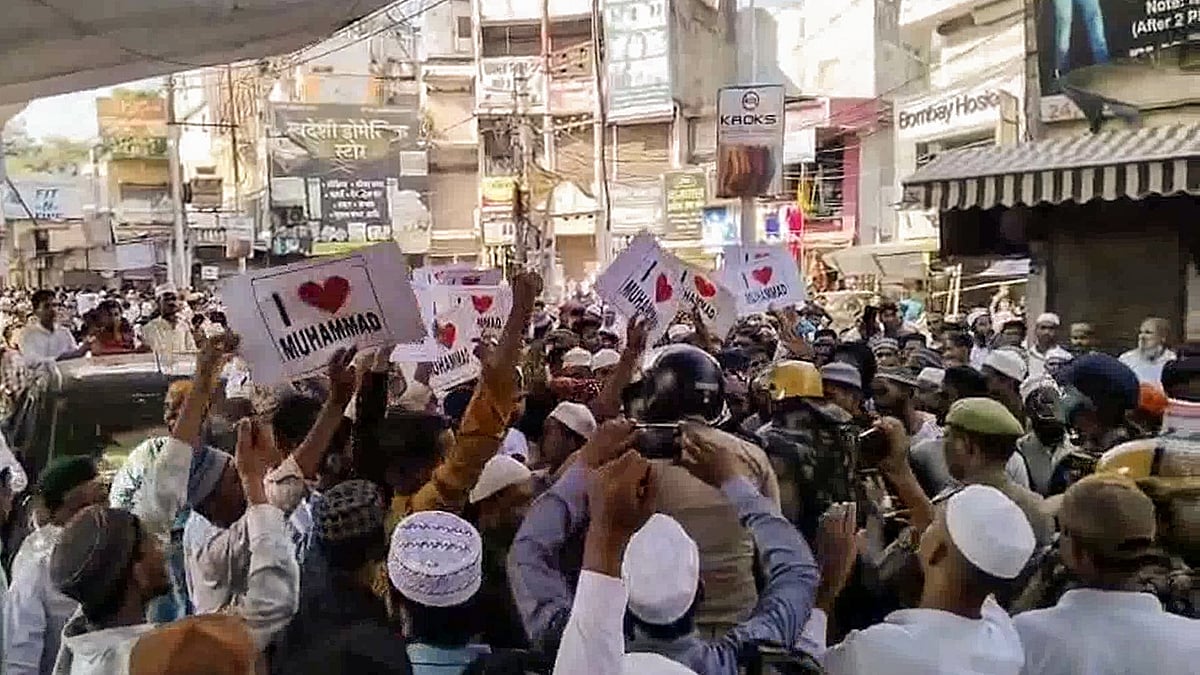
The report also recommended designating a national day against child marriage.
The report was based on field data from 757 villages from five states selected zone-wise and adopted the Multistage Stratified Random Sampling.
In Assam, 150 villages were surveyed and frontline service providers such as ASHA, Anganwadi workers, school teachers, auxiliary nurse midwives, Panchayat Raj Institution members, etc., were engaged.
(Except for the headline, this article has not been edited by FPJ's editorial team and is auto-generated from an agency feed.)


